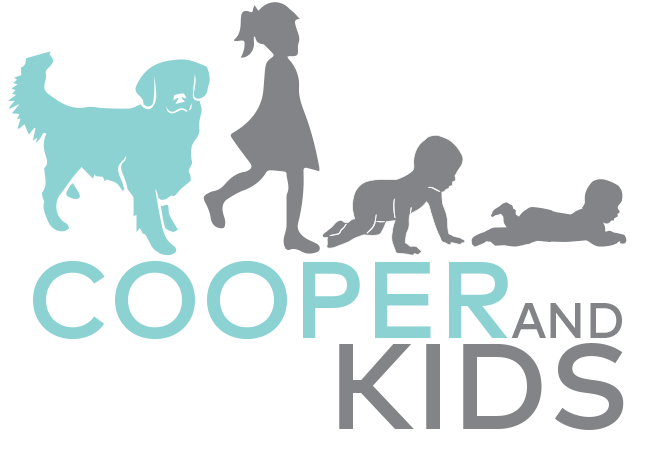Having to say goodbye to your dog or family pet is like losing a family member and your best friend all in one! It’s heartbreaking and so incredibly emotional. Then throw kids into the mix and it is just so much harder. How do you explain this to your children? How do you grieve when you have to be the parent? How do we explain death to kids? And are their ways we can help our children to grieve?
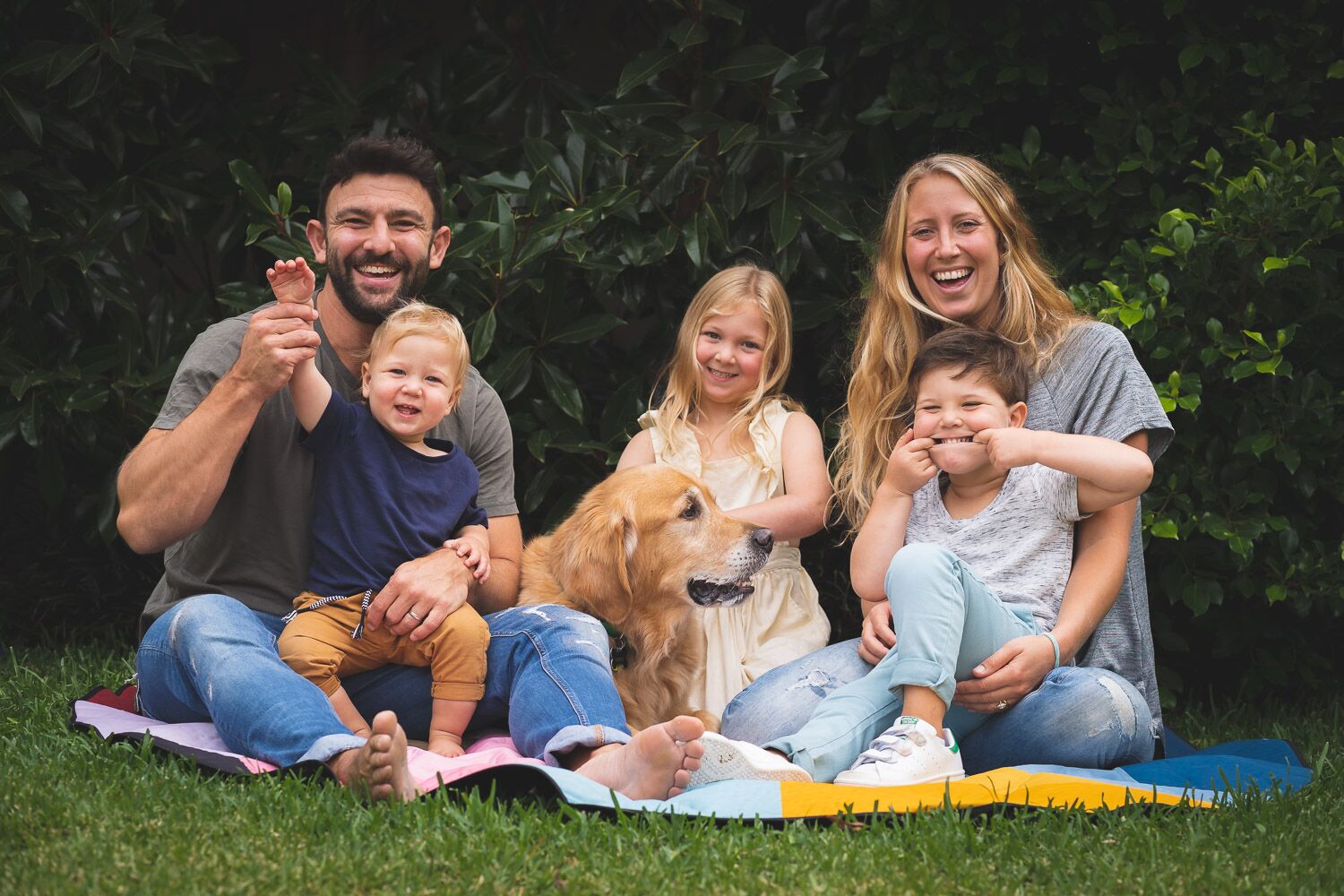
I have brought on the wonderful Dr Vanessa Rohlf to help us tackle this really tough issue. Vanessa is a consultant, therapist and educator specialising in compassion fatigue, stress management, and animal bereavement. As a former veterinary nurse and animal welfare researcher, she saw a need to support those who devote their lives to caring for animals.
Since becoming a parent myself, this is not something I have had to face yet with my children, and I hope we don’t have to for many years to come. But as Cooper is now 8, it is inevitable. This is a topic that I have now been asked about a number of times and had to help some friends with, so I thought calling in a professional in this specific area, could be really beneficial to all.

I asked Vanessa the tough questions and here is what she had to say…
Q: What is the best way to tell a child that their dog has died or is going to die?
A: Breaking the news that a beloved pet has died or is going to die is really tough. No one likes to see their child in pain. We, as parents want to protect our children from all kinds of suffering. This is our job as parents. It’s an awful thing to watch a child grieve and as much as you will like to, there is nothing that we can say that will make it all better, we can’t put a band aid on it and we can’t fix it. But what you can do is support them through the loss.
This support starts with an open and honest conversation around breaking the news that the family pet has died or is going to die. What I say here isn’t prescriptive in any way. All children are different, and you will need to adapt what you say according to the situation and your child’s developmental stage. I suggest it’s also important to ensure the conversation is an ongoing one. I understand, this might be hard because, when we as parents are also grieving, it can be painful for us to hear frequent questions about where our pet went and what happened. Be patient and compassionate. Talking about the loss or impeding loss will help them and may also help you process the news.
To begin the discussion about a family pet’s death, it can be useful to explore what they understand about the life cycle first. Many children have an understanding of change and the life cycle. So, this way when we introduce death, it can be assimilated into knowledge they already have and be easier for them to understand.
Start by asking them about whether they notice the leaves changing colour with the seasons and dropping off and then the leaves decompose and return to the earth which helps brings life to the other plants. Or perhaps you could start talking to them about the life cycle of the caterpillar using the favourite book “The Hungry Caterpillar” as a way to start the conversation.
From here you can build on this knowledge and introduce the idea that all living things including plants, human and non-human animals are born and then eventually die. This is the life cycle.
It is here that you can then have the discussion with your children that it is now the family pet’s time to die or that your pet has died. Try to be open and honest here and speak in the language that they can understand. As part of this conversation, explain why the death occurred or why it is likely to occur. Be open to questions and do your best to provide honest answers.
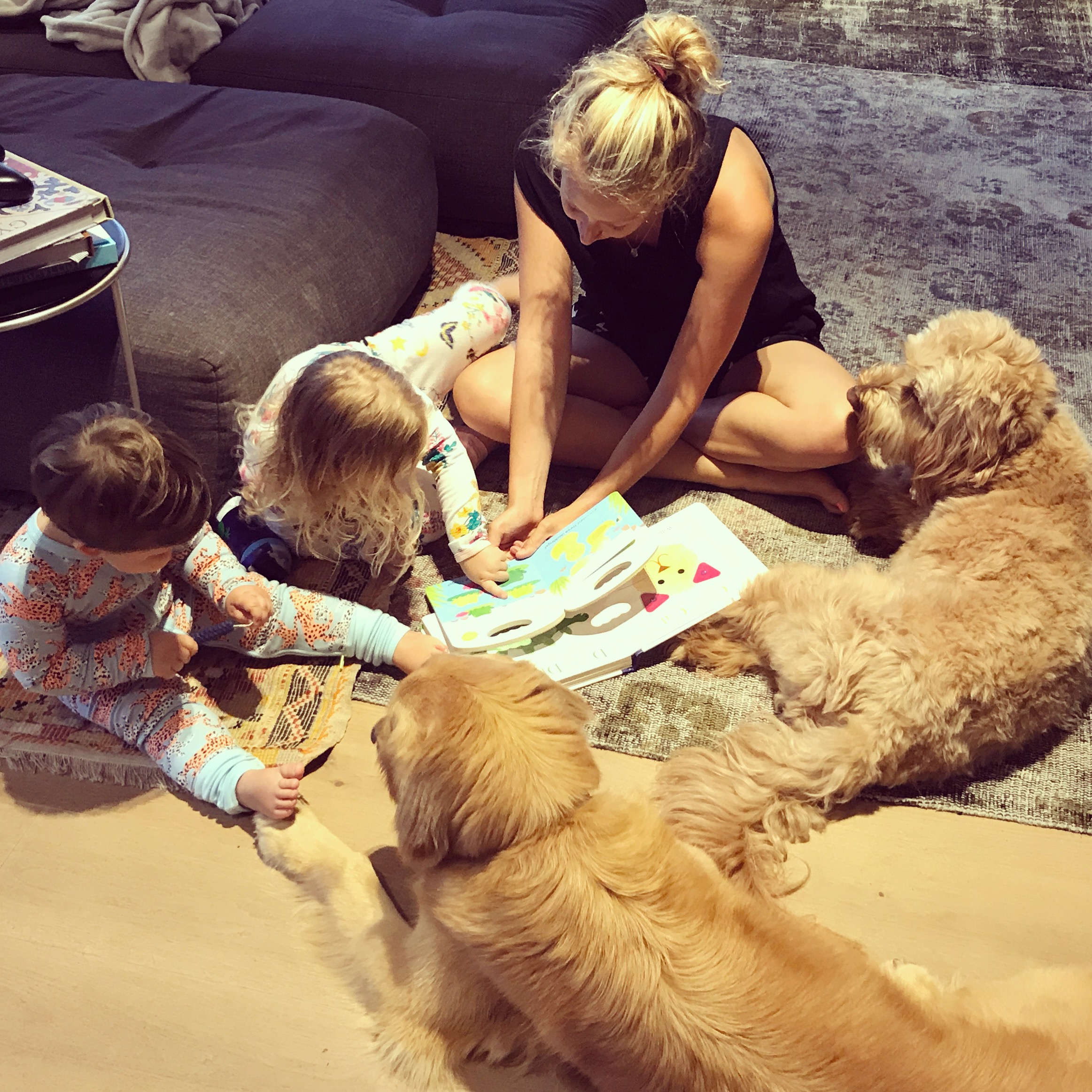
Q: How might you prepare your child for an impending death of the family pet?
A: Telling a child that their pet is going to die is hard but it can also offer them the opportunity to start the grieving process and give them the time and opportunity to say good bye and say or do anything with their pet before the sad day arrives. As a family, you could write a bucket list of all the experiences you might like to share with your pet before their death. For tips on how to write a bucket list, Eden Hills Pet Cremation, who offer caring services in Victoria, Southern NSW and Adelaide, have a free bucket list resource available for download.
Encourage open and honest communication and explain what to expect in the coming weeks or months or whatever the case may be. Reassure them that you will answer questions if they have any. Depending on their age, do try to provide them with a sense of control by involving them in the decision-making process, including how you as a family are going to care for your pet in their final days.

Q: How would you explain death to a child? Personally, I think this is very personal as we all have different beliefs. But is there a special/easy way that you would suggest explaining it?
A: When speaking about death to children. Tailor your communication to the developmental stage of the child. The younger the child, the simpler the explanation. According to Barton Ross & Baron-Sorensen (2013), children should understand four things about death; a definition of death, what caused the death, what their feelings are in response to the death and some kind of understanding of the meaning of life and death, whether that be spiritual or philosophical.
First, it is important to understand that death is final and not something that can be reversed so try to be clear in your language here by avoiding phrases like “put to sleep”.
Second, be as honest as you can about what caused the death. Be sensitive to how your child is receiving this information and only share what is necessary. What we don’t want to do is traumatise them by sharing too many of the gory details. It is, however, important to share information about the cause of death, because children particularly, between the ages of 6-11, may be egocentric and may blame themselves for the death and perhaps believe it was something they said or did. During the discussion, encourage them to ask questions so that you can provide them with reassurance or clarification if they need it.
Third, explore their feelings around the loss. Some children may find it difficult to put it into words, so imaginative play, drawing or other forms of expression, can be helpful. Children, like adults, all respond differently to loss. You may find that your child may be extremely upset about the loss even though they didn’t spend a lot of time with them and this may come as a surprise. You may also find, that even though you are feeling the pain of the loss, this may not be shared by your child and this is ok too.
The relationship you had with your pet may be different to the relationship your child had with them so the response to the loss will be different. These reactions are all equally valid and present us with good lessons to teach our children about respecting everyone’s feelings.
You may also find that a child may not grieve the loss of the pet straight away. It may be weeks, months or even years later, as they grow older, that they understand the death more fully. This too is ok. The key is to be open, supportive and validate all feelings as they come up.
Fourth, you are certainly right. We all have our own beliefs about the meaning of death. It might be helpful for your child to share your views about death, and what you and the rest of your family think happens after death. You could also ask them what they believe. You might be surprised that even young children have their own beliefs about what happens. I recall my first understanding of death was that after death, our loved ones become stars and I remember finding it quite comforting to look up every night and see my loved ones looking down on me.
Q: Are there any good children’s books that you can recommend that help to explain loss?
A: Children’s books can be useful aides to help you teach your child about death, loss and the grieving process. They can also be used as a way to engage your child in a discussion about what they may be feeling by using the book as a bit of a springboard for discussion.
There are many books available on the topic and it may be a matter of reading through the blurbs before you find one that’s right for you and your family. As a starting point, Sunset Vets, a specialised palliative care and euthanasia service in Queensland and Canberra recommend a number of children’s books on their site which can be accessed here.
Q: Once the dog has passed, parents themselves need to grieve, do you have any strategies to help us as adults to grieve the loss of our dog? Specifically, because we can’t just mope around, we need to get on with life and be parents to our children.
A: Grieving is not something we have to do alone. It’s true that we all grieve differently but, since pets are part of the family, this is a loss that is shared. As a family, you can share what your pet meant to you and what memories you have of your pet. It’s important to share your feelings of the loss in an honest and open way because it teaches our children that feelings are not something to be ashamed of or hidden. Grieve openly. Cry, laugh and share your memories. This can also help our children feel comfortable in sharing their feelings and thoughts about the loss. As a family, you could create ways to say good-bye by writing letters, planning a funeral or preparing a montage or photo album.
The loss of a pet can be devastating, and it can be even harder when your caring for a family and trying to hold it all together. If you are feeling overwhelmed by your grief, please do reach out for support. Contact Lifeline for crisis support 13 11 14. Contact your GP, psychologist, counsellor, or other mental health professional. It may be helpful to reach out for support from someone who understands the human-animal bond and specialises in pet loss and bereavement.
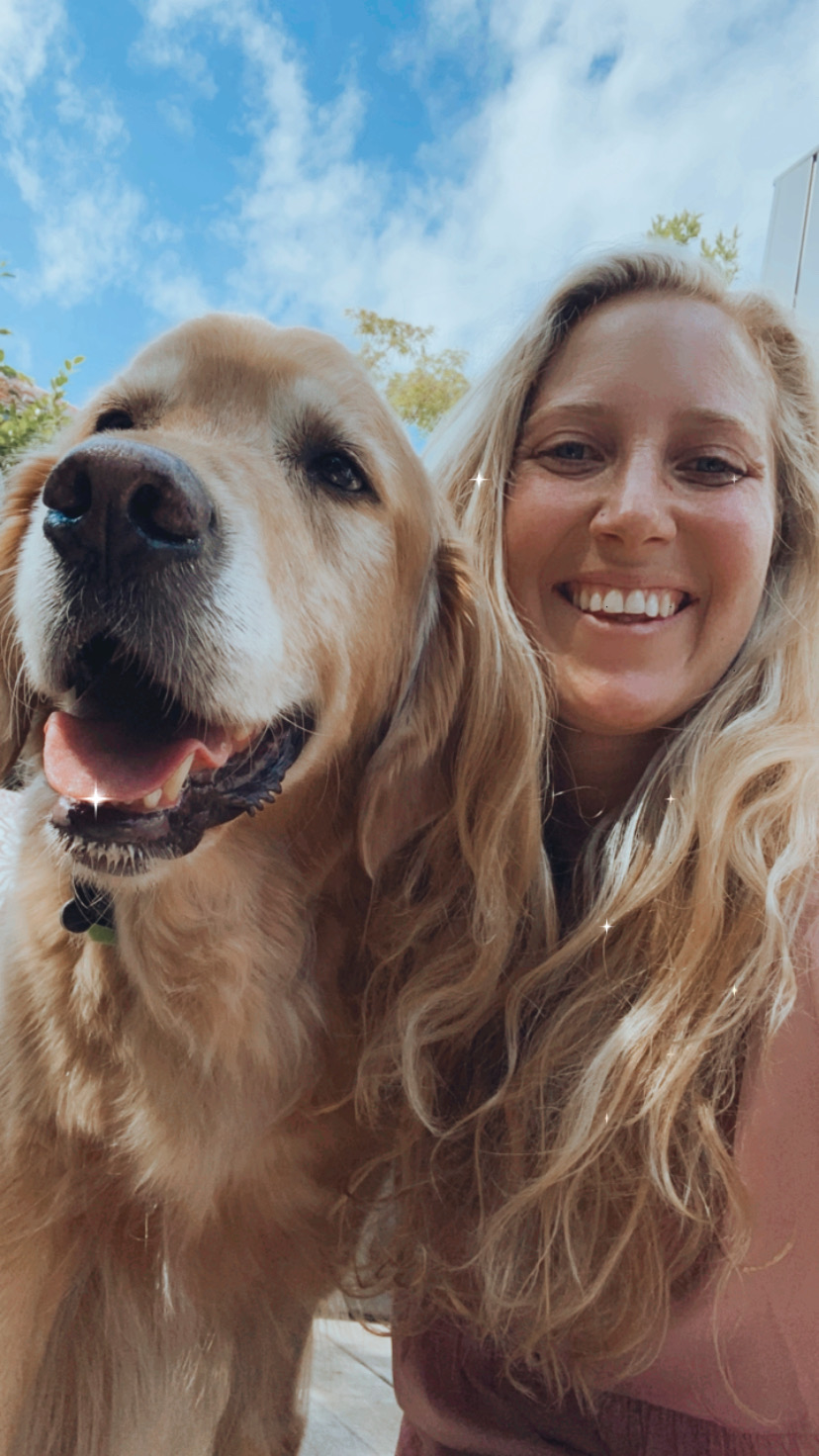
Q: For those families who have lost their four-legged best friend and they just can’t bear to live without a dog, do you suggest a certain amount of time to let themselves grieve before bringing a new dog into the home? How important is it to really give yourself that time?
A: There is no set time between grieving the loss of a pet and welcoming another pet in the home. I do suggest, however, that getting another pet is a family decision and should ideally occur when everyone feels ready. It may also be helpful to reassure your child that getting another pet is not a replacement for the other pet that died and it doesn’t mean that the pet that passed away wasn’t special and isn’t still missed. Reassure them that it is ok to love again.
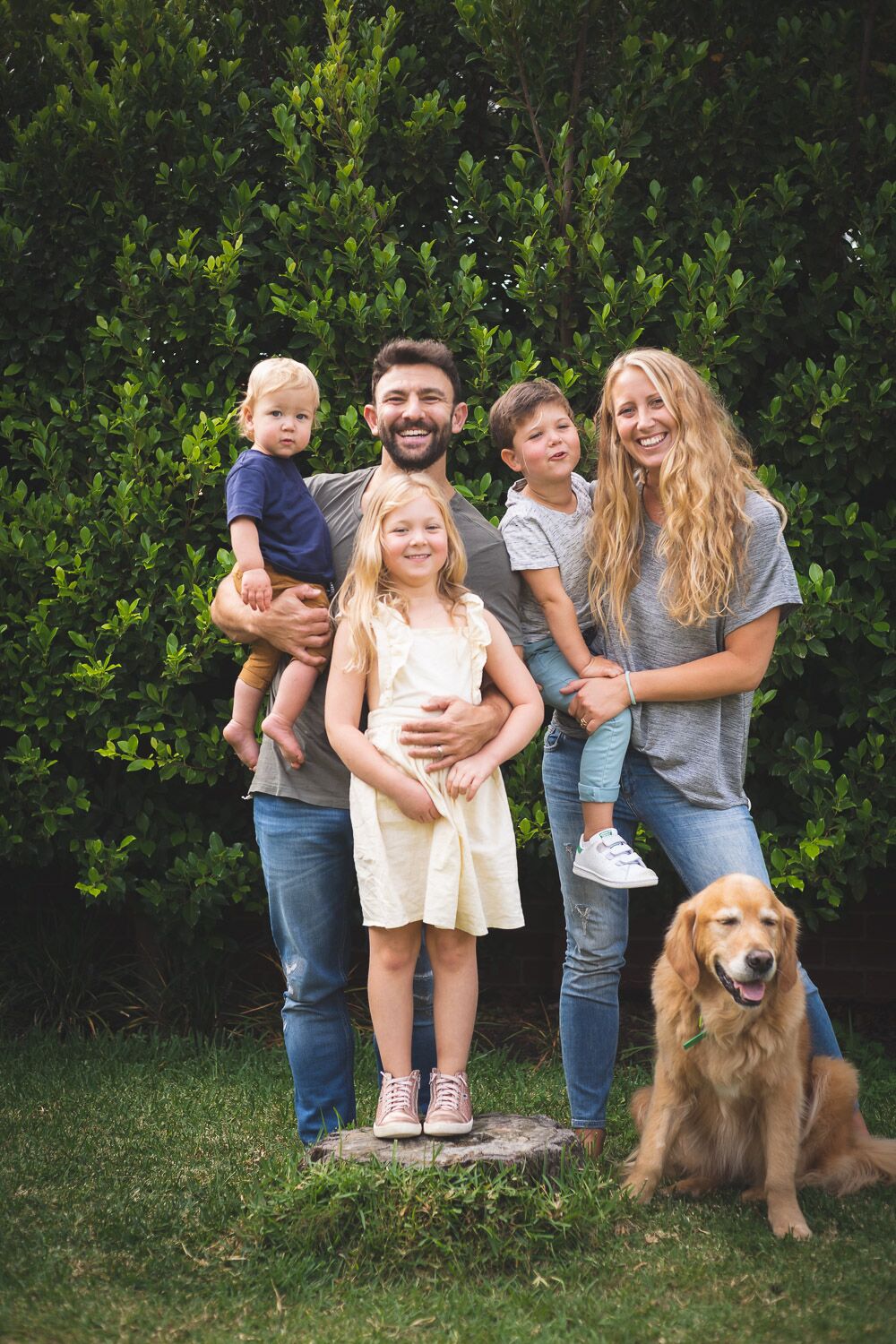
Wow, was it just me or did anyone else end up in tears reading through all of this?! Our pets truly do become our best friends and part of the family. Vanessa, thank you so much for your time and helping us with such a sensitive topic. Losing a beloved dog is so incredibly sad and painful, so I am sure that so many families will be incredibly thankful for this information. If you feel like you need further help in this area, you can get in touch with Vanessa via email virohlf@gmail.com. If you’d like to read more about coping with pet loss you can also access her website here where she shares her articles on the topic: http://drvanessarohlf.com.au/
And as always, if there is anything I can help you and your family with, please feel free to get in touch via the contact tab.
Mel xox
PS. This article was also featured on KIDSPOT!!
PPS. Make sure to head to our SHOP if you haven’t already!


